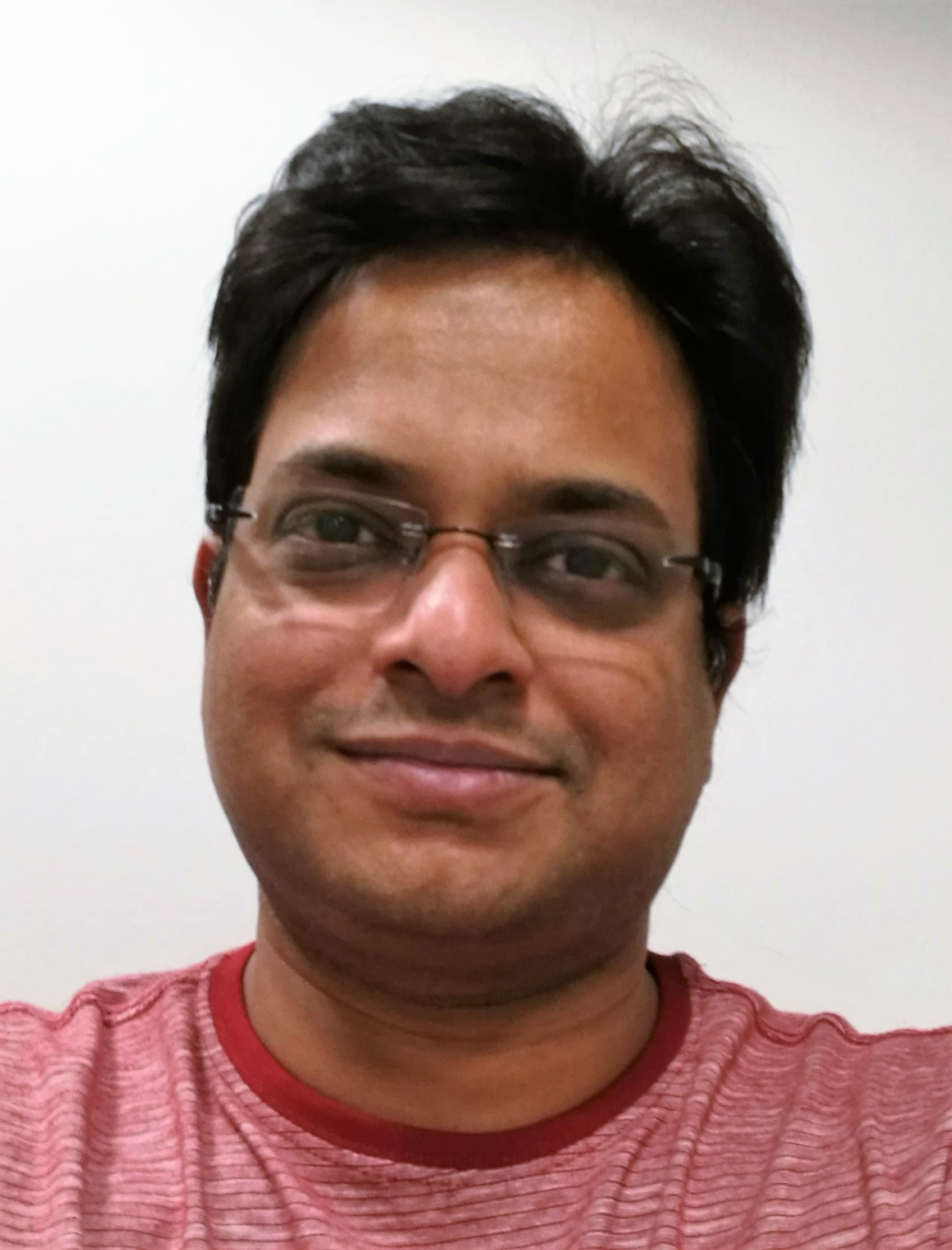Title
Artificial Intelligence for Place-Time Convolved Wireless Communication Networks
Abstract
Previous work have brought to light the dynamic and variable motions of potential network users, and other environmental factors, are the perennial and perpetual challenge to present and future wireless communications. The phenomena coined as place time capacity (PTC), and place time coverage (PTCo), with both collectively known as place time coverage and capacity (PTC.2), are derived as the outcomes of dynamics that can be expressed as the functions of place and time. These phenomena degrade the efficiency of any wireless communication network (WCN) to that lowest point, from where, a network service provider (NSP) may not have any choice but to revamp the network. Artificial intelligence (AI), on the other hand, has been striding profoundly for the past several decades, fanning out its influence in various sectors of scientific and technological developments. However, AI is almost absent in the area of WCN dimensioning and optimization, especially for place–time events. This paper revisits the two place-time functions as WCN phenomena and, with the backdrop of these aspects, shall investigate the inevitable need for AI in WCNs, as well as demonstrating how AI can be part of present and future wireless communications.
Keywords
Artificial intelligence, dynamic path loss, network planning and dimensioning, place time capacity, place time coverage
Author
 Ambuj Kumar
Ambuj Kumar
(Aarhus University, Denmark)
Dr. Ambuj Kumar received Bachelor of Engineering in Electronics & Communications from Birla Institute of Technology, India in the year 2000. He undertook Internship Training at the Institut für Hochfrequenztechnik, Technical University, (RWTH, Germany). He had worked at the Lucent Technologies Hindustan Private Limited (India) and with leading service providers namely Vodafone on the Mobile Radio Network Design; Macro and Microcell planning; Optimization for the GSM and the CDMA-based Mobile Communication Networks; the green field deployments; and planning, deployment, optimization of rapidly expanding GSM and Edge networks across India. He has worked as Research Associate at the Centre for TeleInFrastruktur (CTIF), Department of Electronic Systems, Aalborg University (Denmark). Ambuj Kumar was awarded scholarship under European Commission programme for doing PhD in Aalborg University. Ambuj Kumar had also worked at the Vihaan Networks Limited (India), he developed facilities for experimental studies on ‘Advanced Alternative Networks’. He had worked as Research Assistant in the eWall Project, funded by the European Commission. He was awarded Doctor of Philosophy in December 2016 by the Aalborg University, on his thesis “Active Probing Feedback Based Self Configurable Intelligent Distributed Antenna System For Relative and Intuitive Coverage and Capacity Predictions for Proactive Spectrum Sensing and Management”. Currently, Dr. Kumar is working as PostDoc in the Department of Business Development and Technology, Aarhus University (Denmark) since February, 2017. His research interests are radio wave propagation, cognitive radio, visible light communications, and radio resource management etc. He has more than 10 research publications including a book chapter in thematic areas.